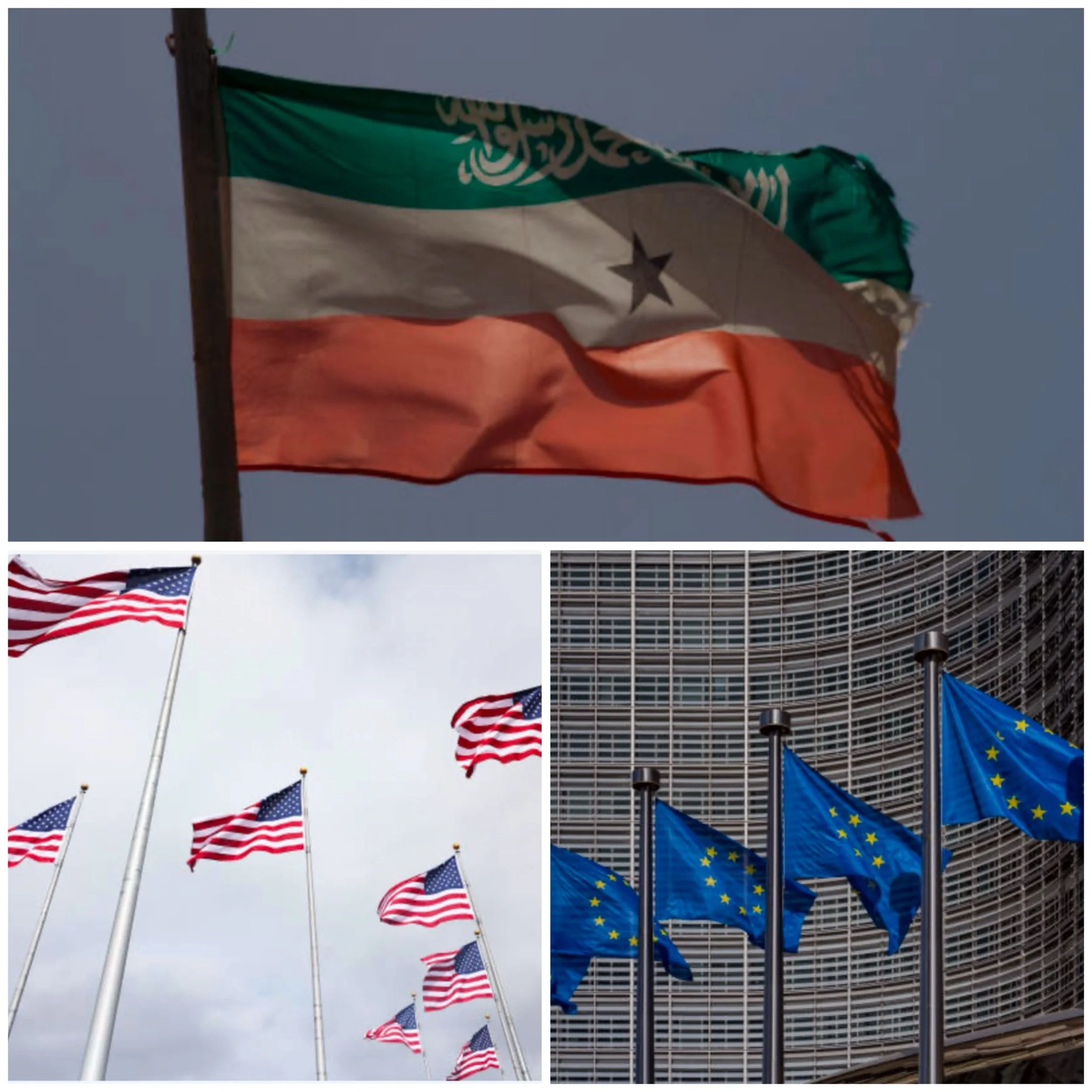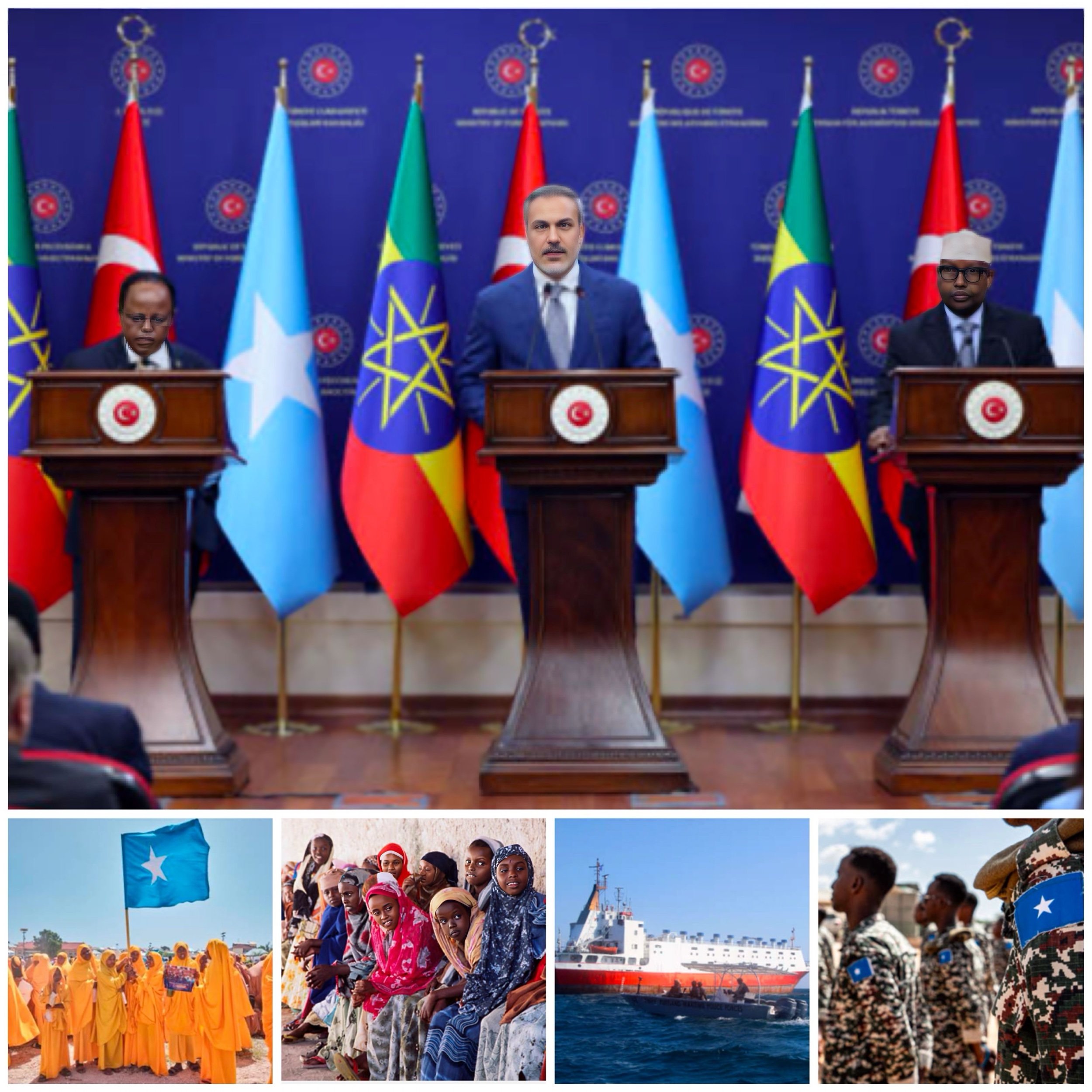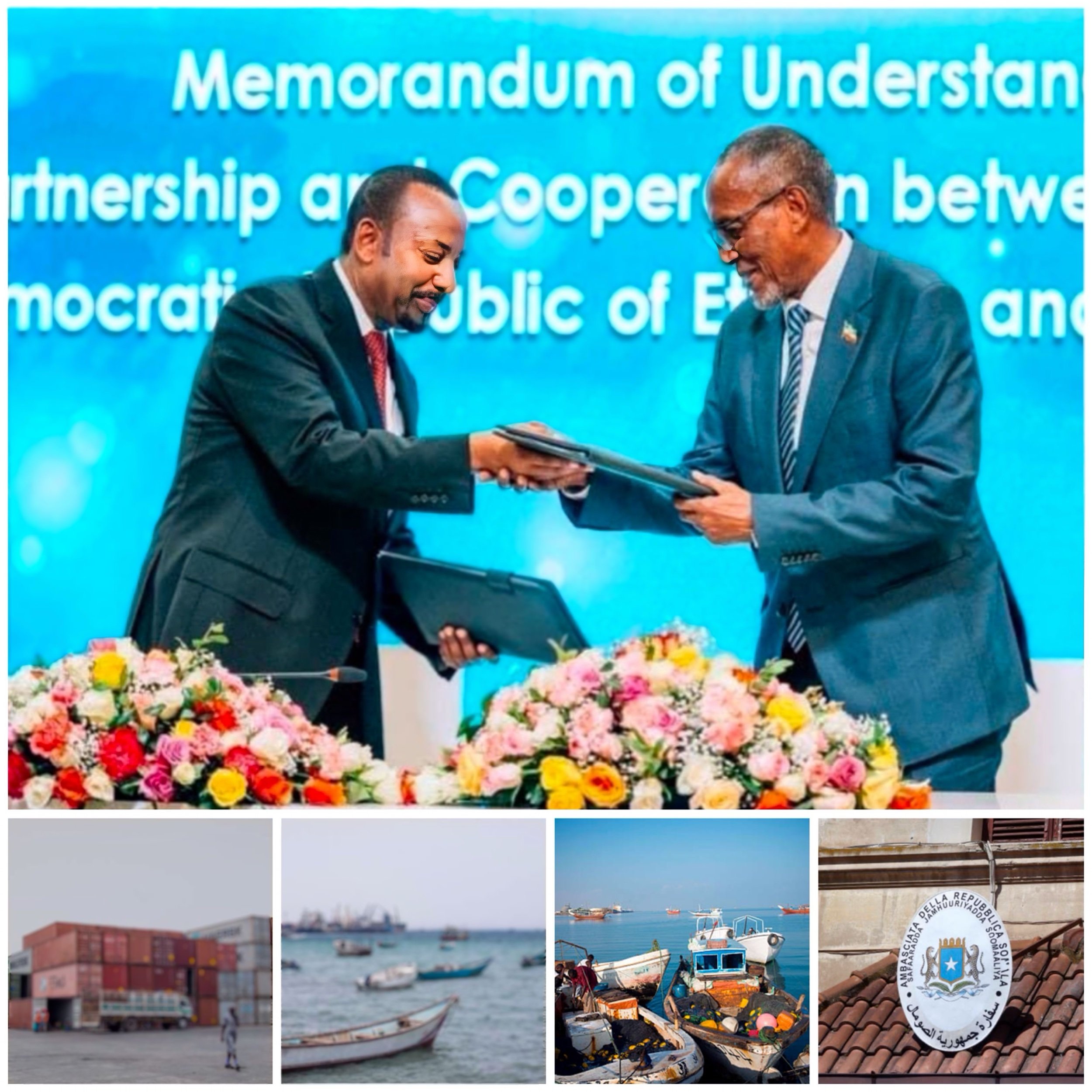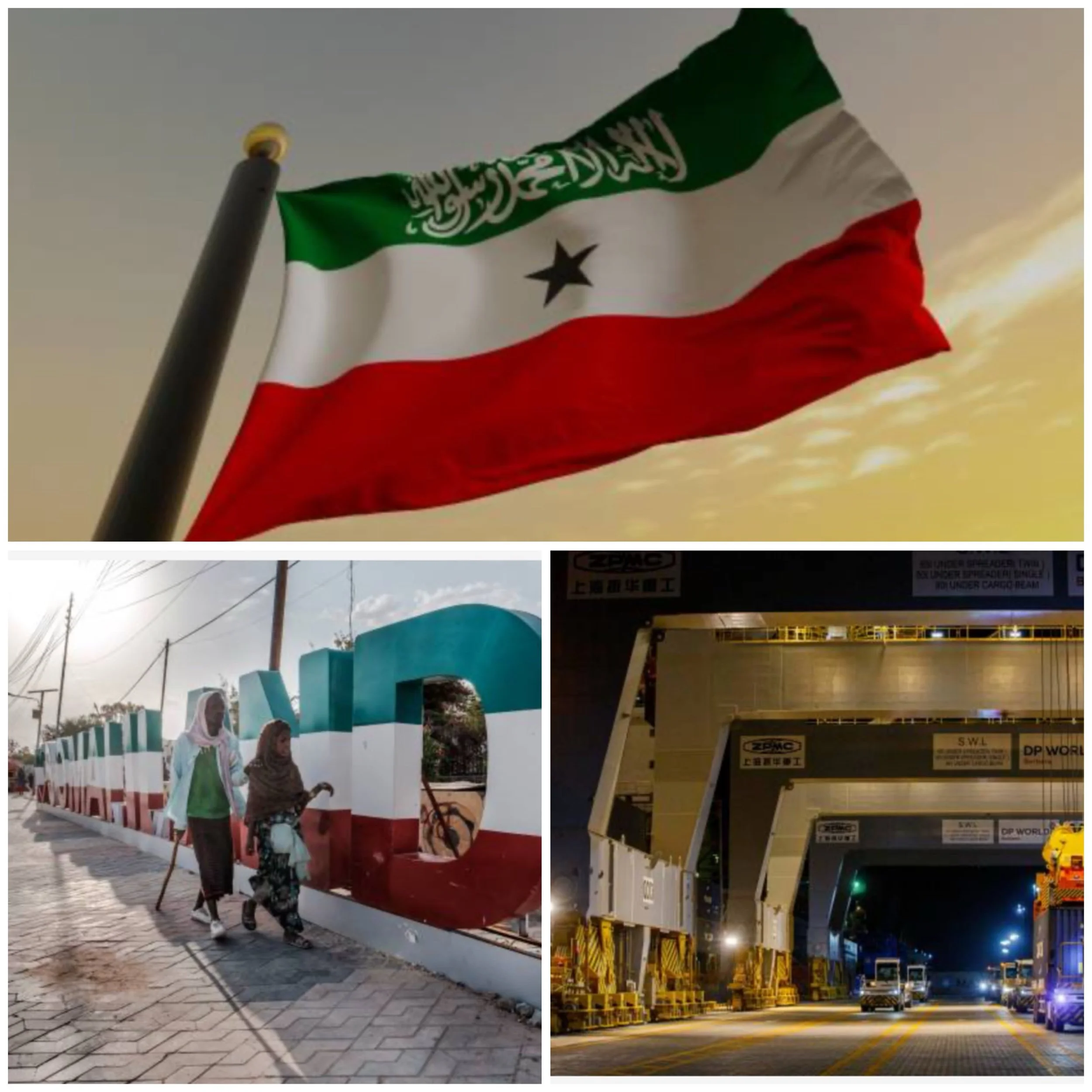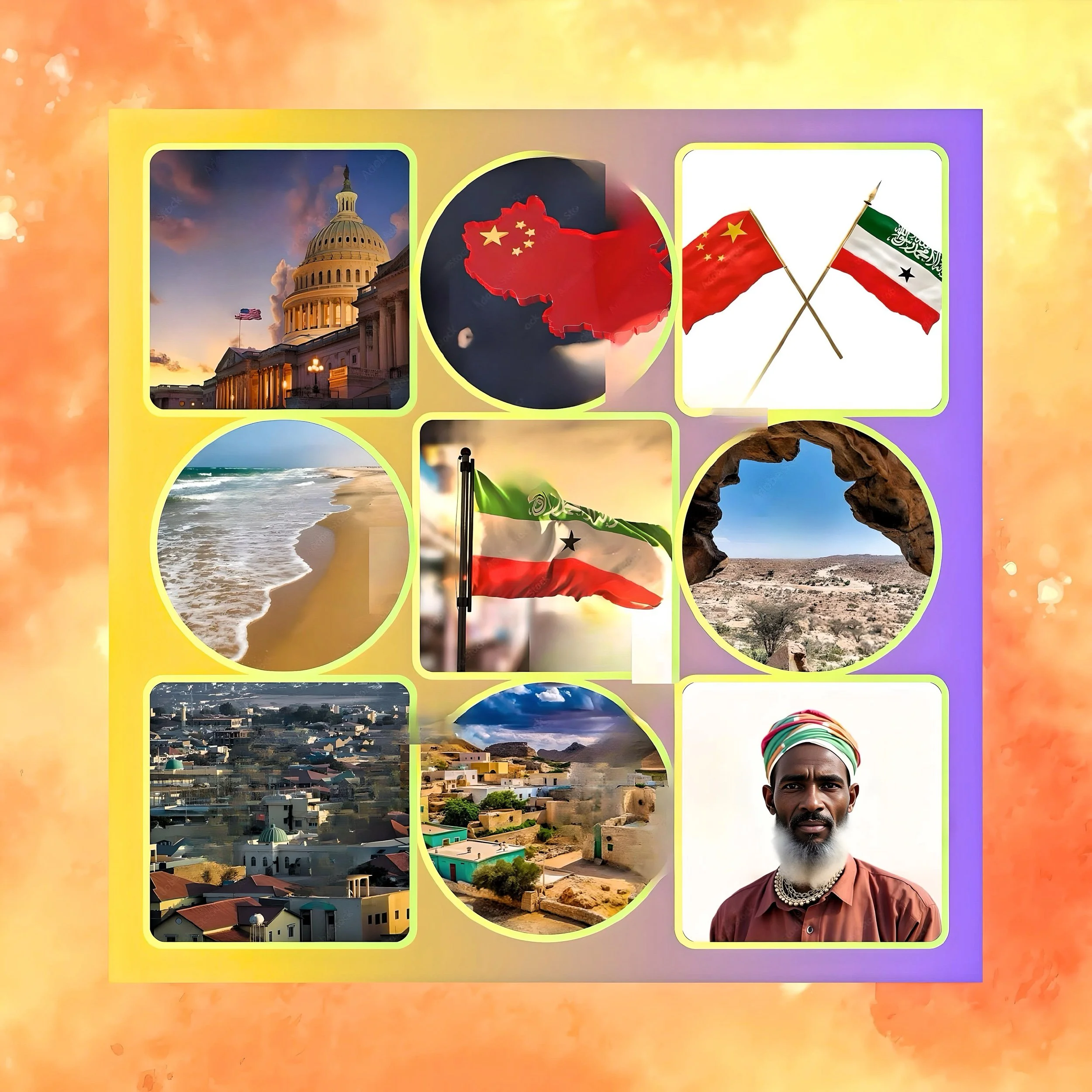Trump’s and EU stance on Somaliland
Introduction
The issue of Somaliland’s recognition as an independent state has drawn contrasting responses from the Trump administration and the European Union (EU), reflecting divergent geopolitical priorities.
Trump Administration’s Position on Somaliland
Donald Trump’s incoming administration appears poised to reconsider U.S. policy regarding Somaliland, a self-declared republic that broke away from Somalia in 1991 but remains internationally unrecognized.
Trump’s team has indicated a willingness to recognize Somaliland as an independent state, citing its democratic governance, strategic importance, and stability in a volatile region. Key factors influencing this potential shift include:
Strategic Location
Somaliland’s Berbera Port, situated near the Gulf of Aden and the Bab-el-Mandeb Strait, is critical for maritime security and trade.
Recognition could enable the U.S. to counter Chinese influence in nearby Djibouti, where China has established a military base, and monitor regional threats such as arms smuggling and Houthi activity in Yemen.
Democratic Governance
Somaliland’s peaceful elections and democratic practices distinguish it from conflict-ridden Somalia. The recent election of opposition leader Abdirahman Mohamed Abdullahi as president further underscores its political stability.
Transactional Diplomacy
Trump’s administration is expected to adopt a pragmatic approach, emphasizing mutual benefits.
Recognizing Somaliland could align with U.S. security and economic interests while challenging the African Union’s “One Somalia” policy, which views Somaliland as part of Somalia.
However, this move could destabilize the Horn of Africa by provoking Somalia’s government and complicating relations with regional actors like Ethiopia and Djibouti.
European Union’s Stance
In contrast, the European Union firmly supports Somalia’s sovereignty and territorial integrity.
The EU has reiterated its commitment to the “One Somalia” policy, emphasizing that recognizing Somaliland would undermine regional peace and stability.
This position was reinforced after Ethiopia signed a controversial agreement with Somaliland granting access to the Berbera Port, which Somalia condemned as a violation of its sovereignty.
The EU argues that respecting Somalia’s unity is essential for maintaining stability in the Horn of Africa. It opposes any unilateral actions that might exacerbate tensions or encourage secessionist movements elsewhere on the continent.
Implications
If Trump recognizes Somaliland, it would mark a significant departure from previous U.S. policy and could reshape dynamics in the Horn of Africa.
While it might bolster U.S. strategic interests and Somaliland’s quest for recognition, it risks alienating Somalia, straining relations with African Union members, and heightening regional instability.
The EU’s opposing stance underscores broader international divisions on how to address Somaliland’s aspirations for independence.
Conclusion
This divergence highlights the complex interplay of strategic interests, international law, and regional stability in addressing Somaliland’s status.

